29 GPTs for Diagnostic Aid Powered by AI for Free of 2025
AI GPTs for Diagnostic Aid refer to advanced artificial intelligence models, specifically Generative Pre-trained Transformers, tailored for tasks in the diagnostic field. These tools leverage deep learning to process and analyze vast amounts of data, offering insights and support in diagnosing various conditions or problems. By understanding context and generating human-like responses, GPTs serve as a crucial bridge between complex medical data and actionable insights, streamlining diagnostic processes and enhancing decision-making.
Top 10 GPTs for Diagnostic Aid are: MRI Spine and Limbs,TCM Study Buddy,Inborn Errors of Metabolism Consultant,GineAssist+,Dr. House, M.D.,PsychAid: Diagnostic Explorer,Clinical Decision Support GPT,RadioloGPT,Alopecia Dx,DiagnoBot
MRI Spine and Limbs
AI-driven MRI report insights

TCM Study Buddy
Empowering TCM Learning with AI

Inborn Errors of Metabolism Consultant
Unlocking the secrets of metabolism with AI

GineAssist+
Empowering Gynecologists with AI
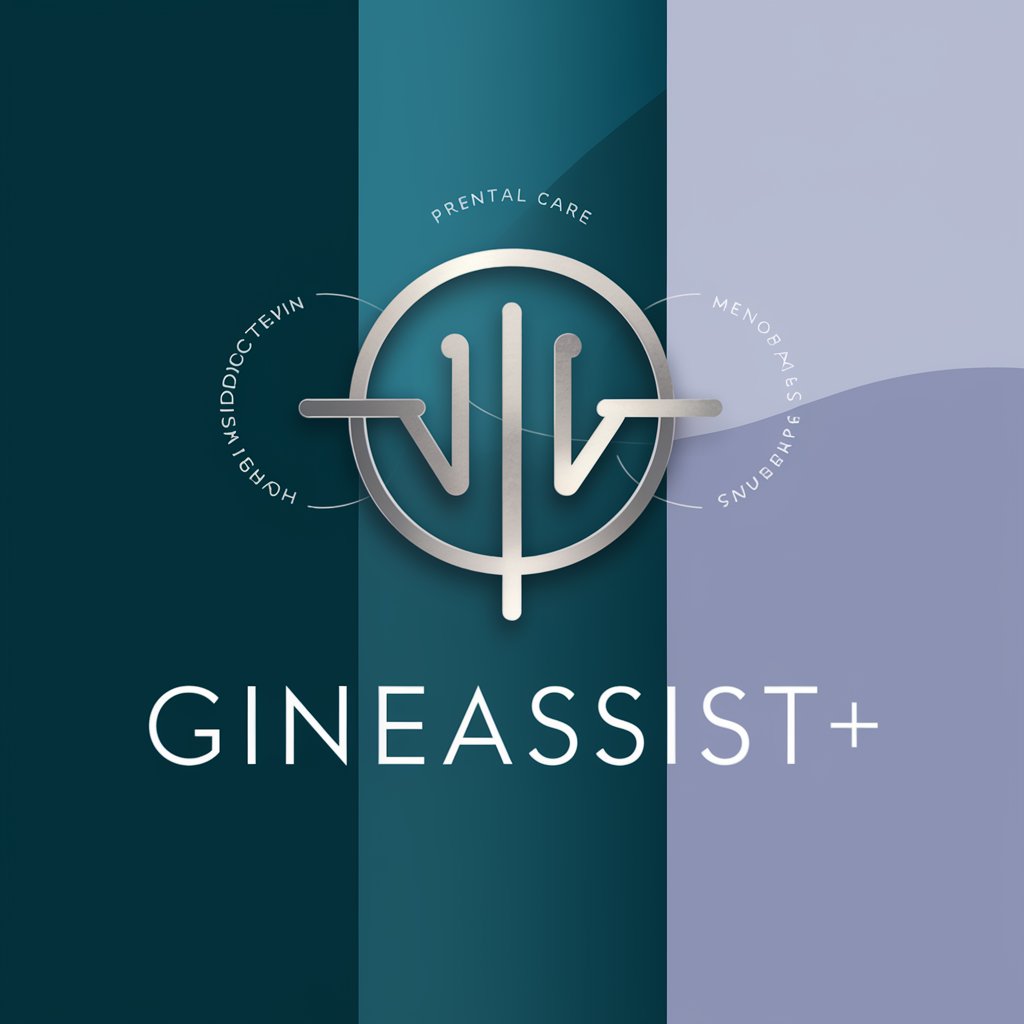
Dr. House, M.D.
Your AI-Powered Medical Advisor
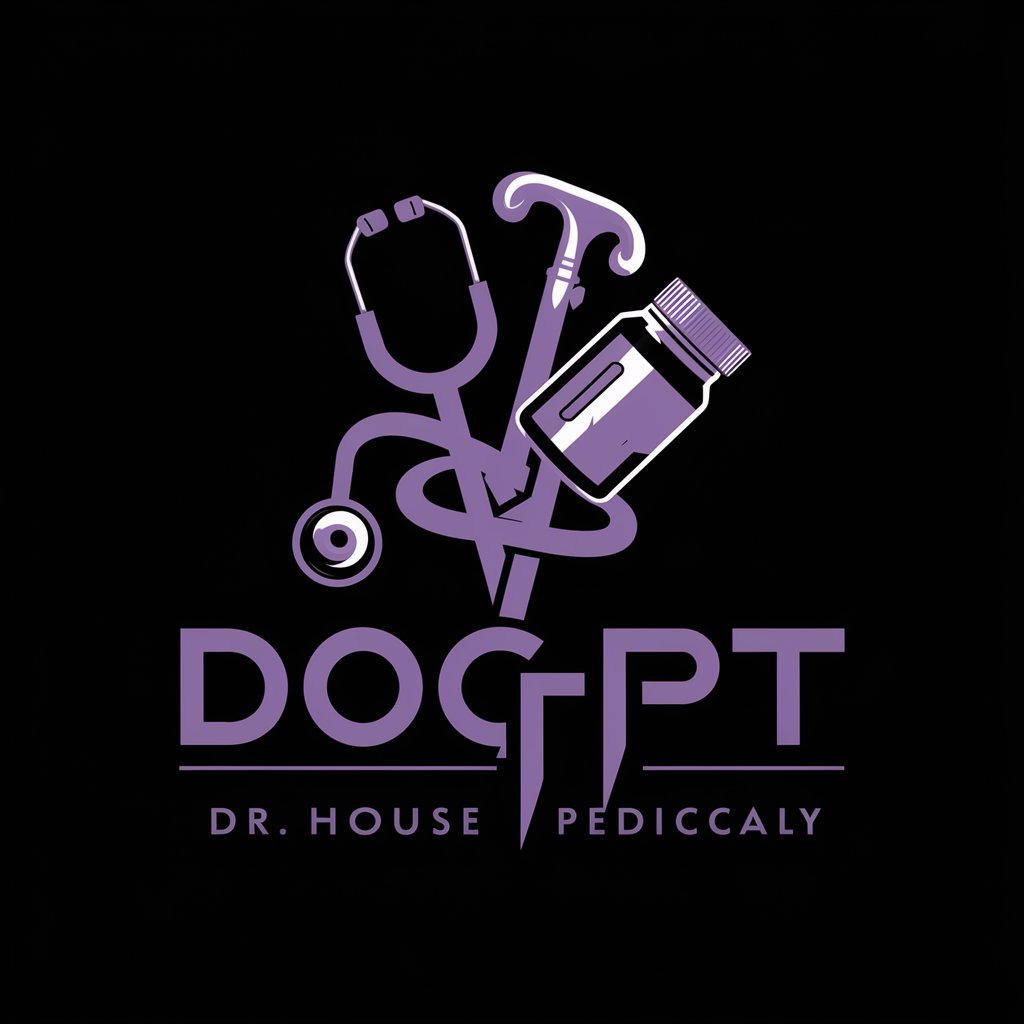
PsychAid: Diagnostic Explorer
Empowering Mental Health Diagnosis with AI
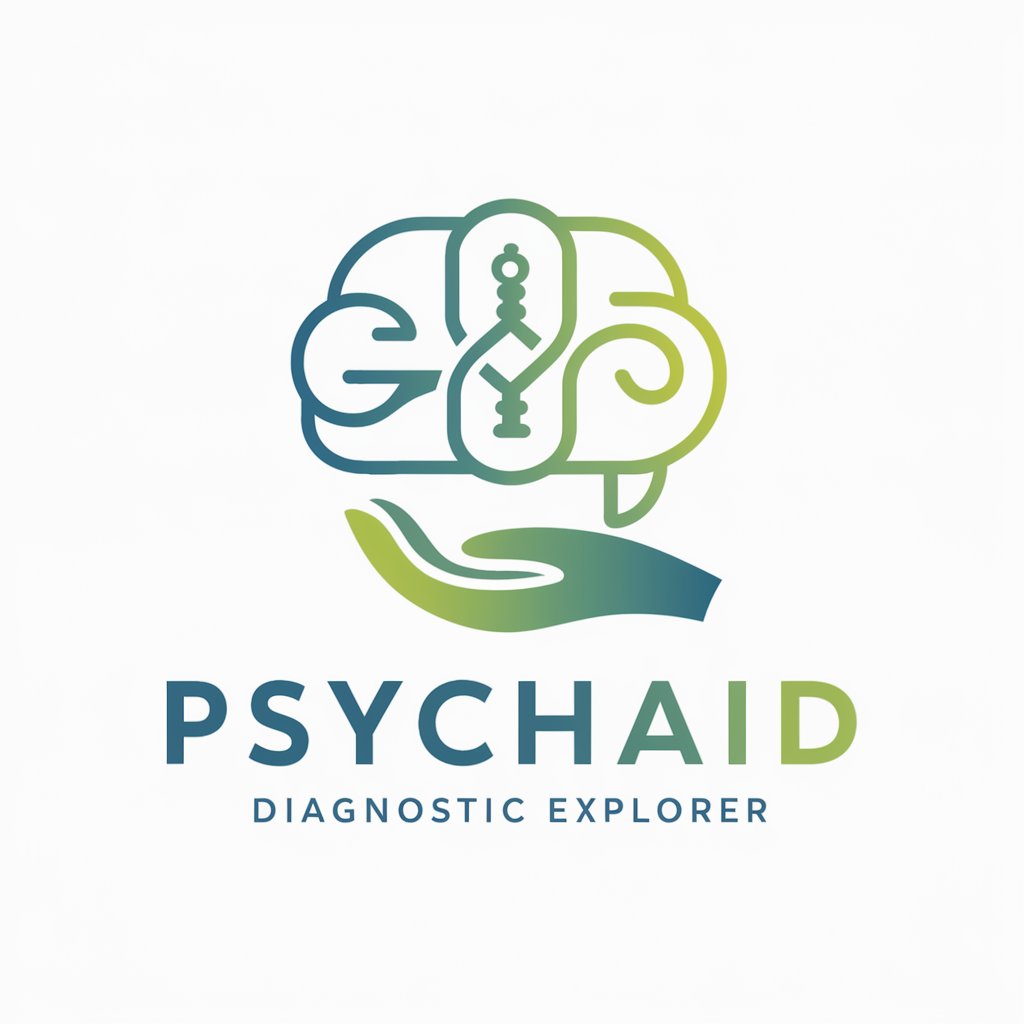
Clinical Decision Support GPT
Enhancing Medical Decisions with AI
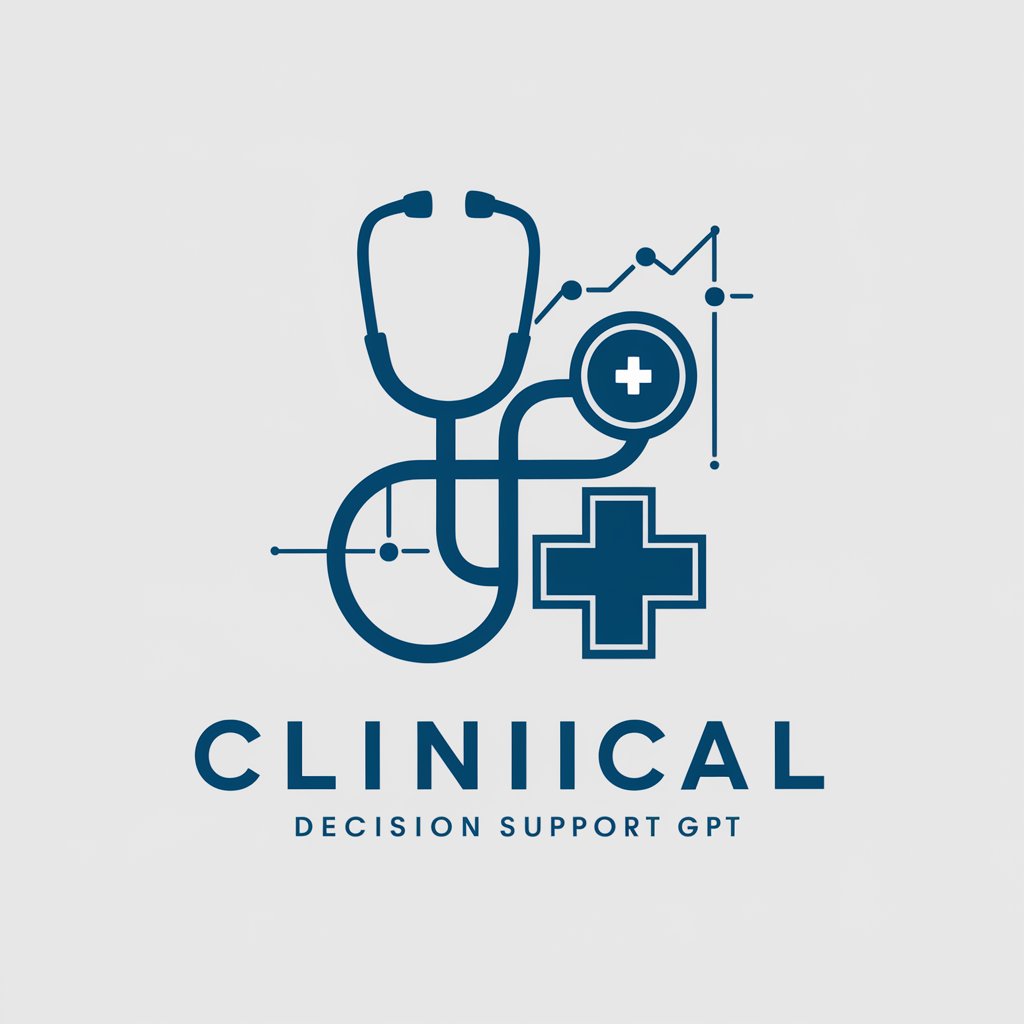
RadioloGPT
Enhancing Diagnosis with AI Insight
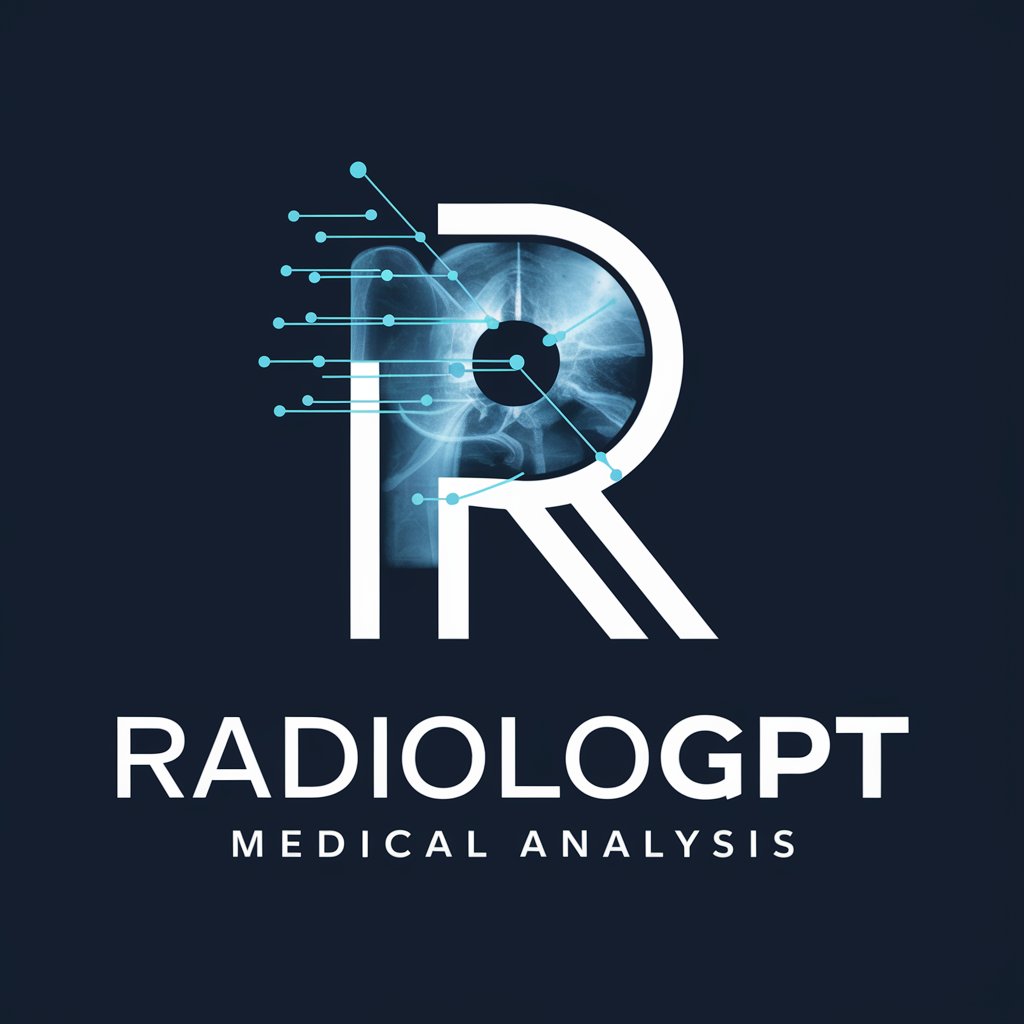
Alopecia Dx
AI-Powered Alopecia Diagnostic Support
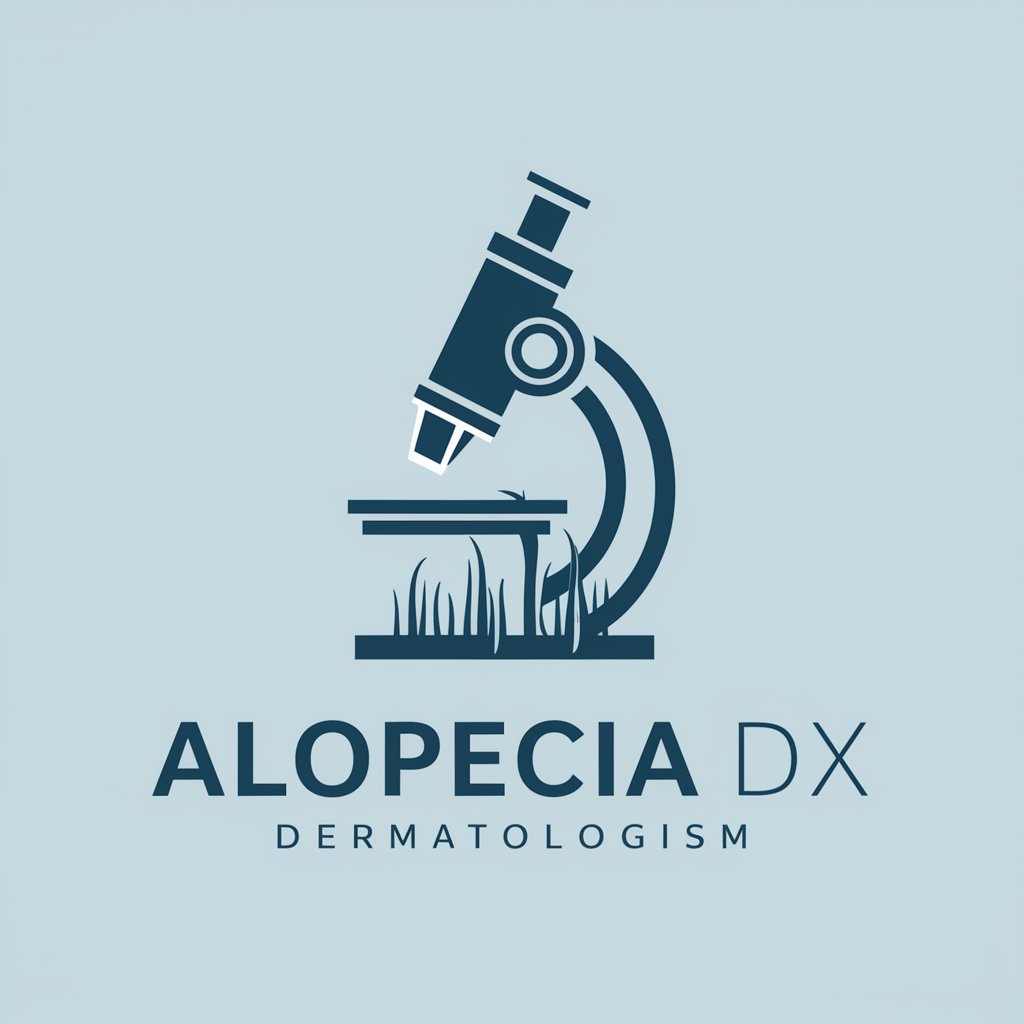
DiagnoBot
Revolutionizing Medical Diagnostics with AI
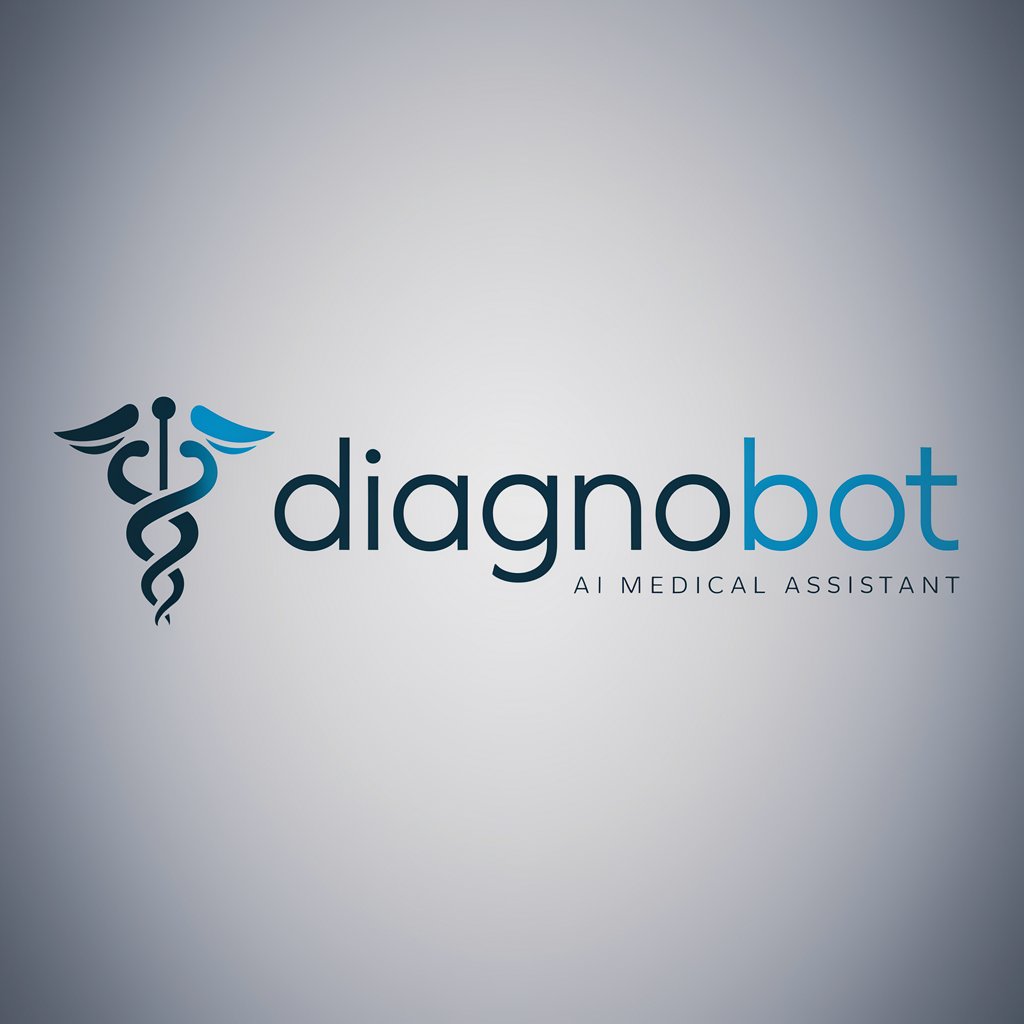
Radiology Insight
Transforming radiology with AI insights
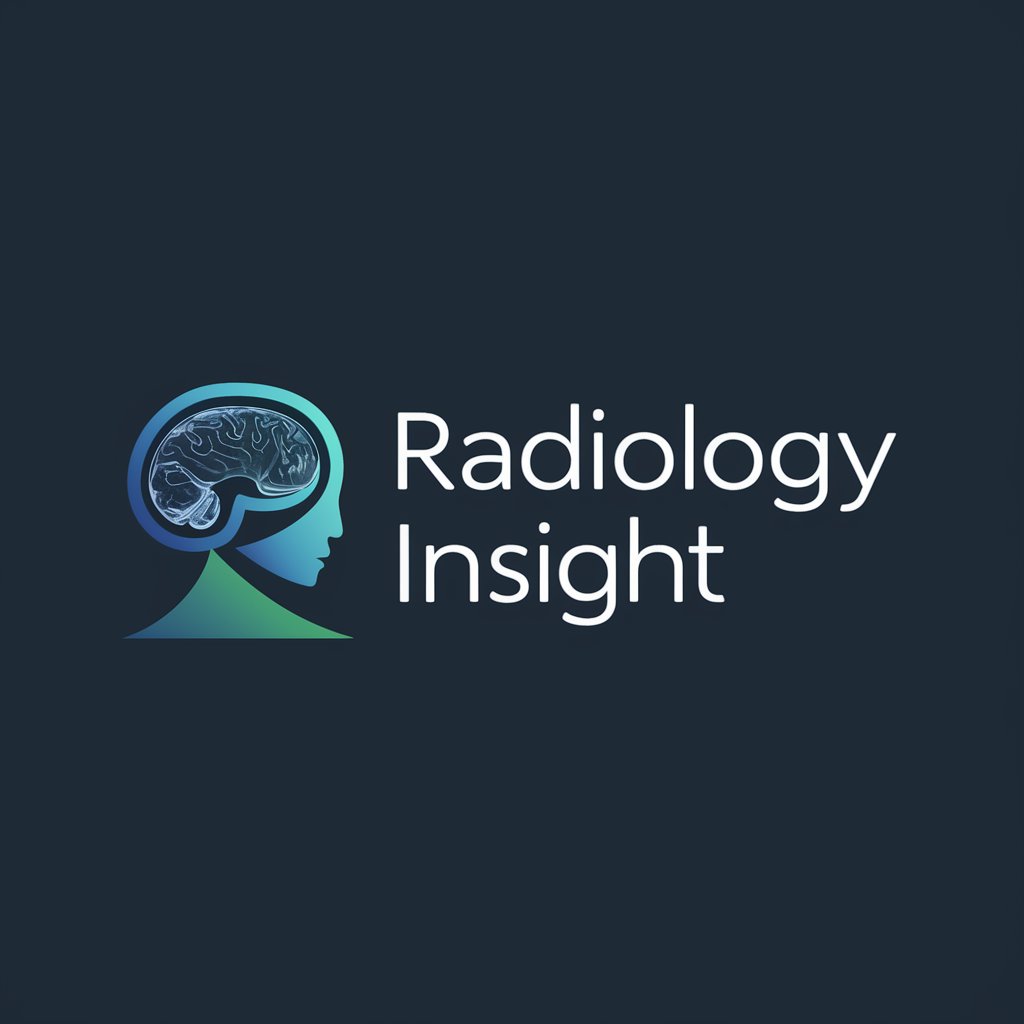
Doctor X
Empowering Physicians with AI Insights
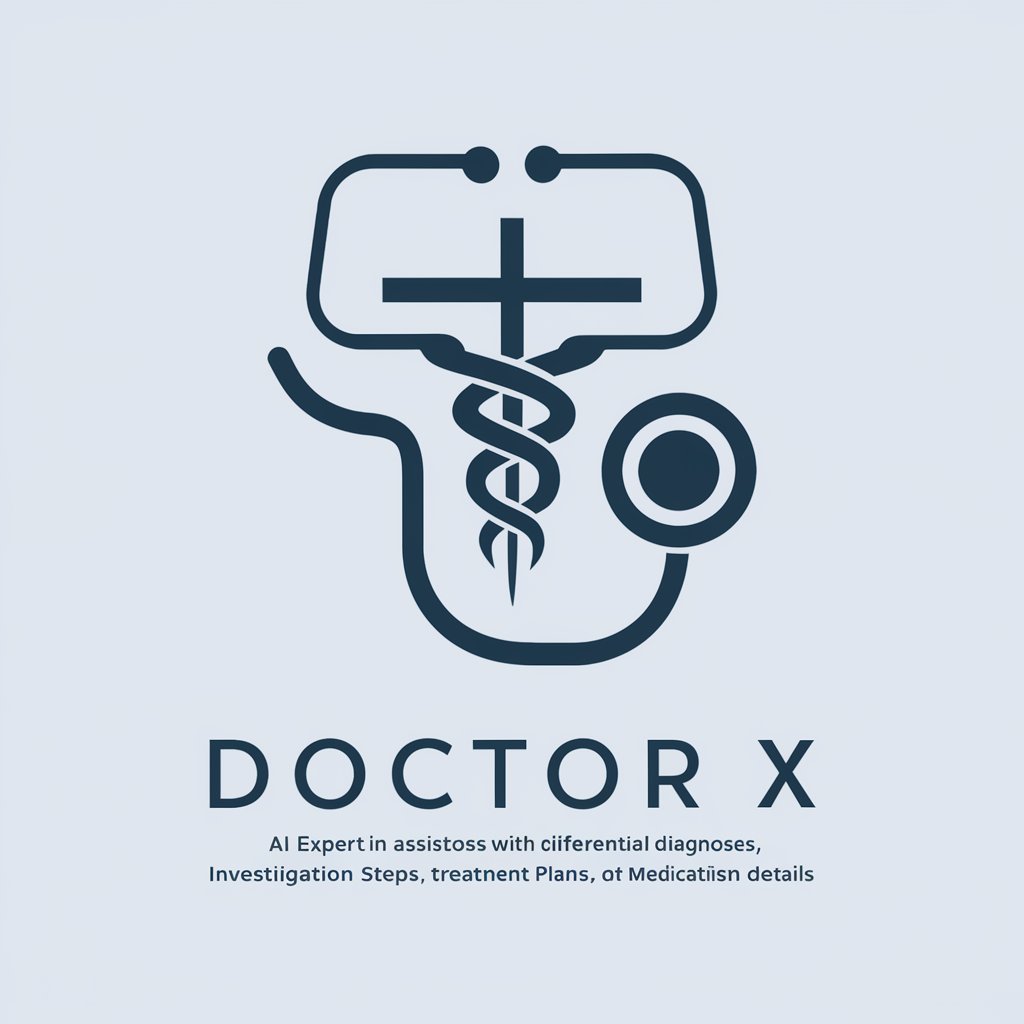
Medic Bro
Expert medical information at your fingertips.
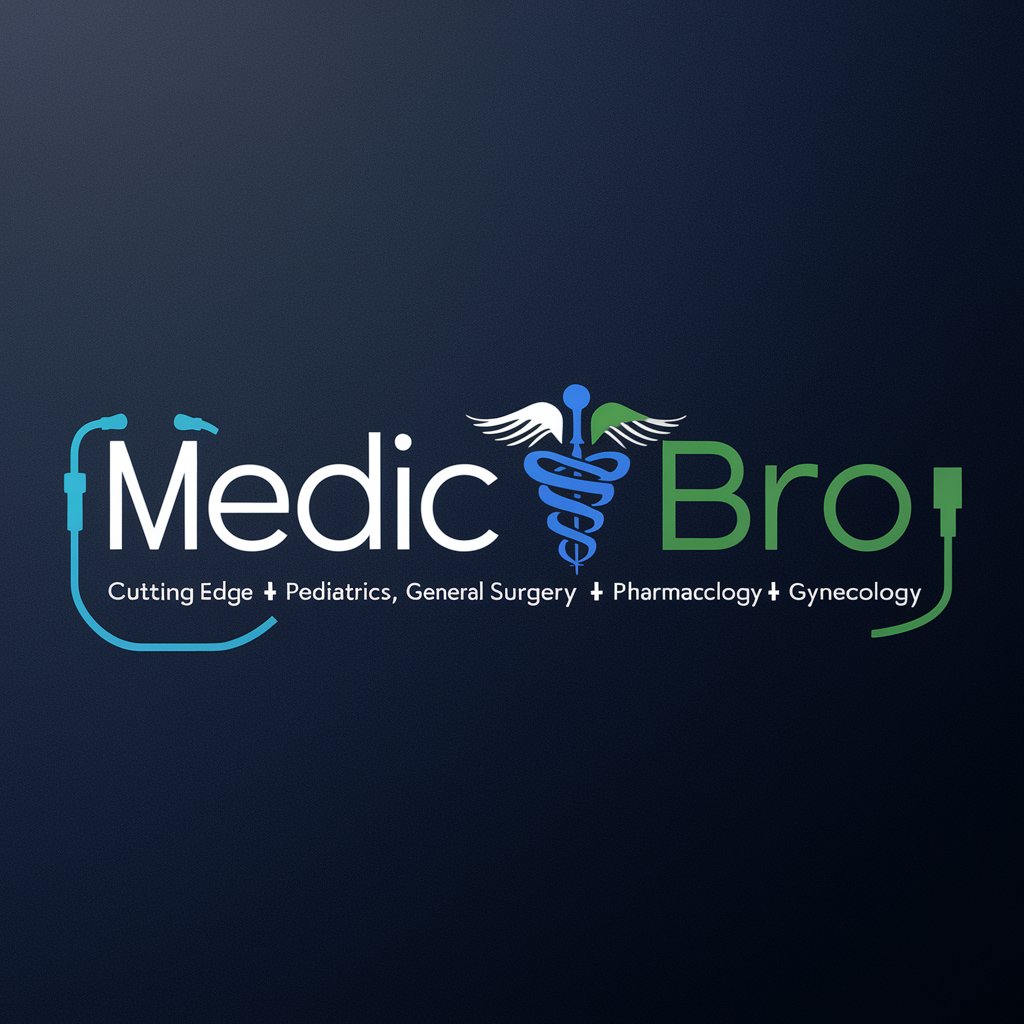
MediAnalytica
Enhancing Medical Insight with AI
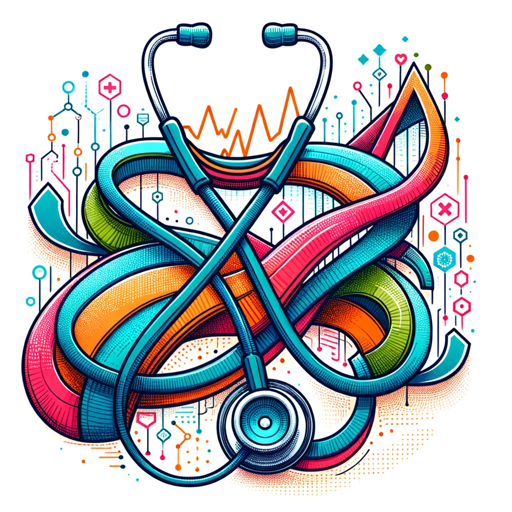
X-Ray Fracture Specialist
Transforming fracture detection with AI power.
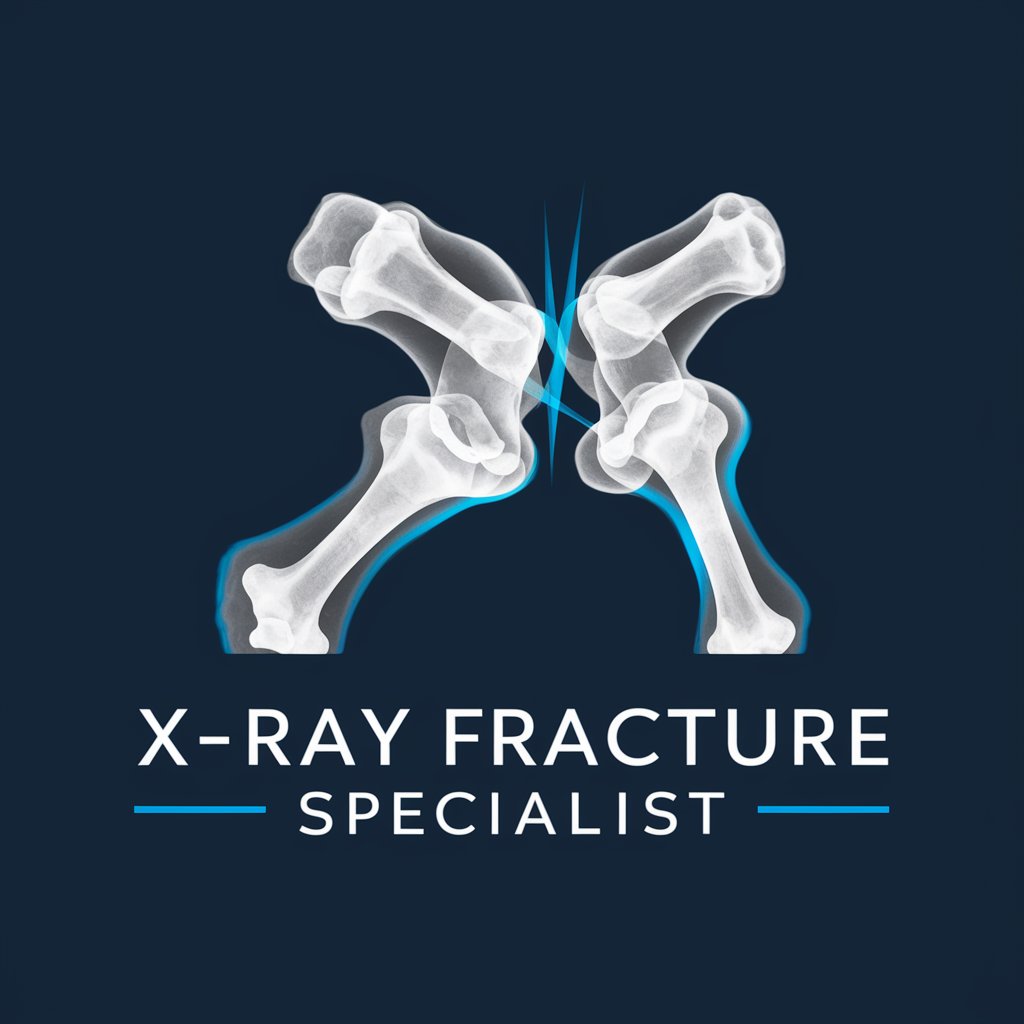
Rare Disease Detective
Unlocking mysteries with AI-driven analysis
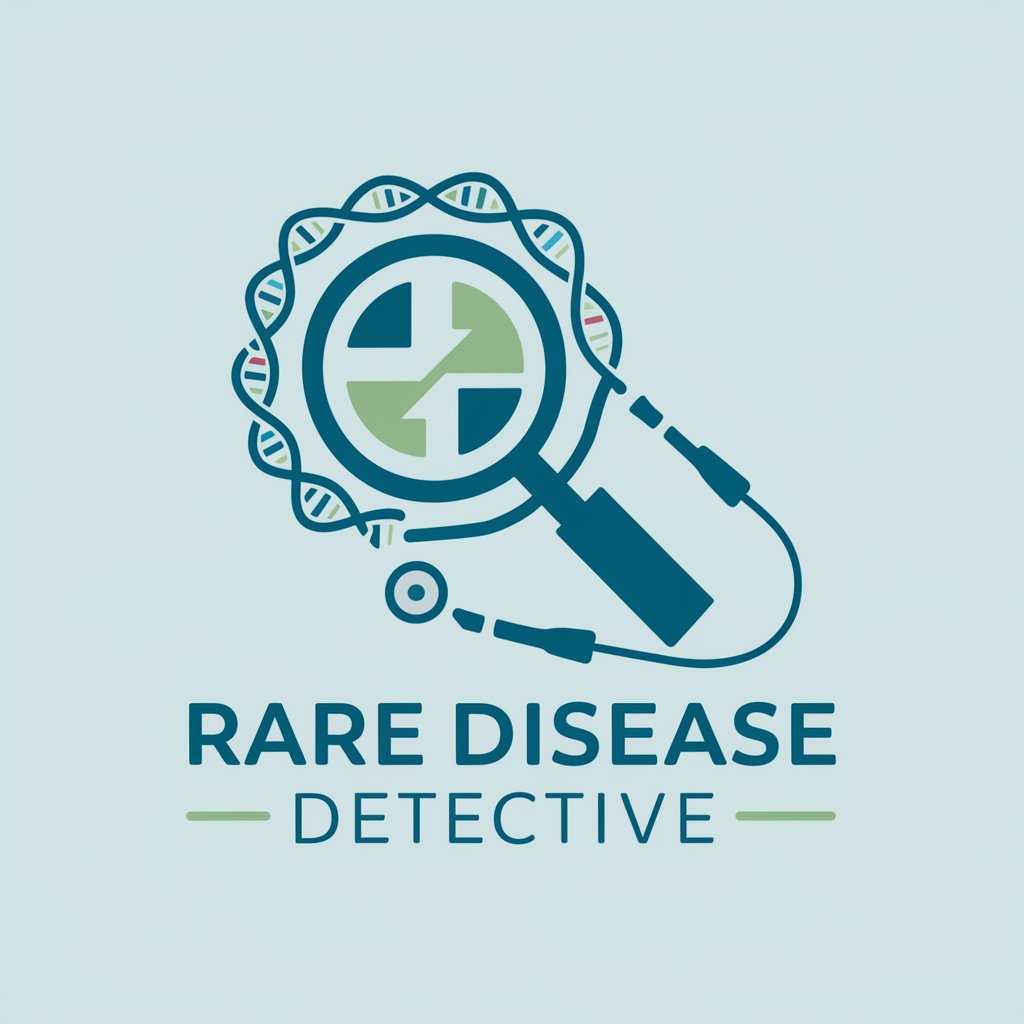
MediMaster AI
Empowering Medical Minds with AI
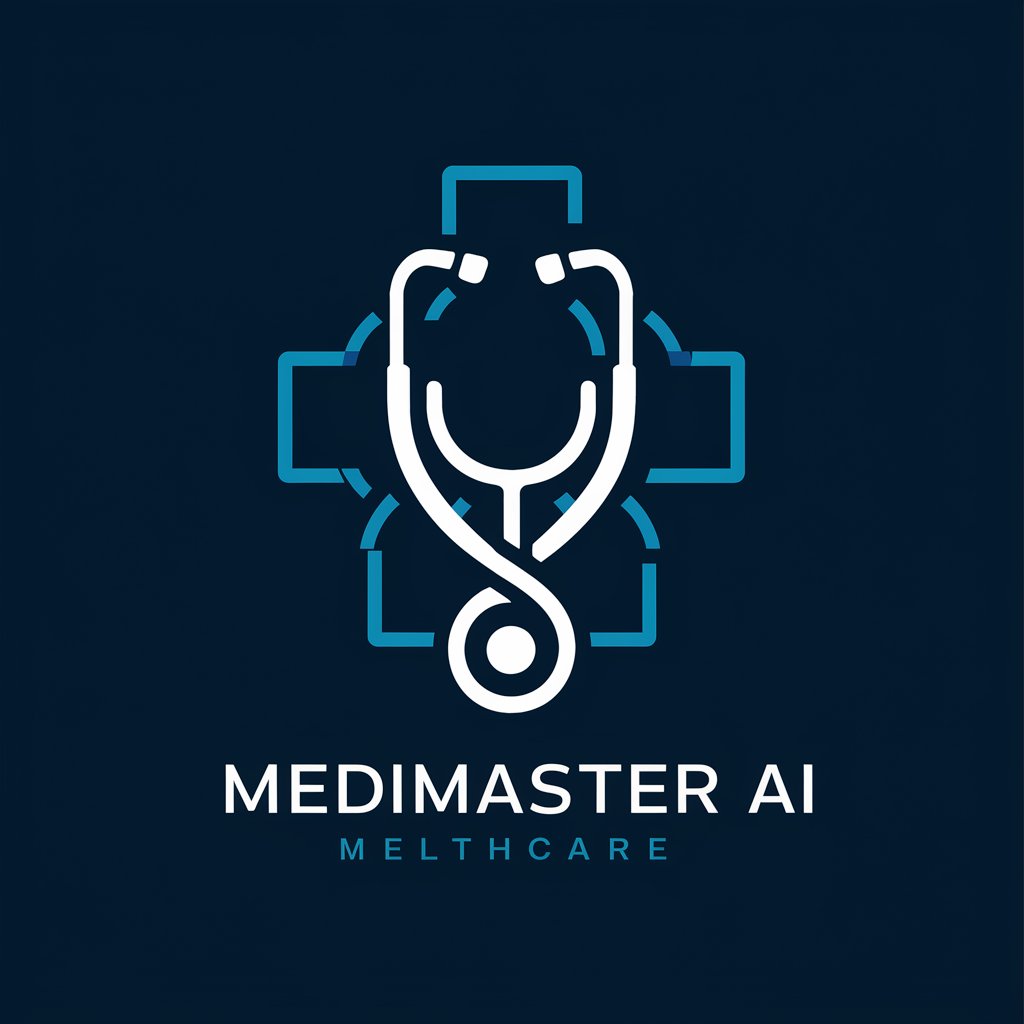
优云康放射科机器人
Revolutionizing Radiology with AI

Auto Master
Smart AI, Smarter Car Care

OrientalMedicine東洋醫學동양의학東洋医学とうよういがく
Empowering Healing with AI Insight

DMedic Assistant
Empowering Healthcare with AI
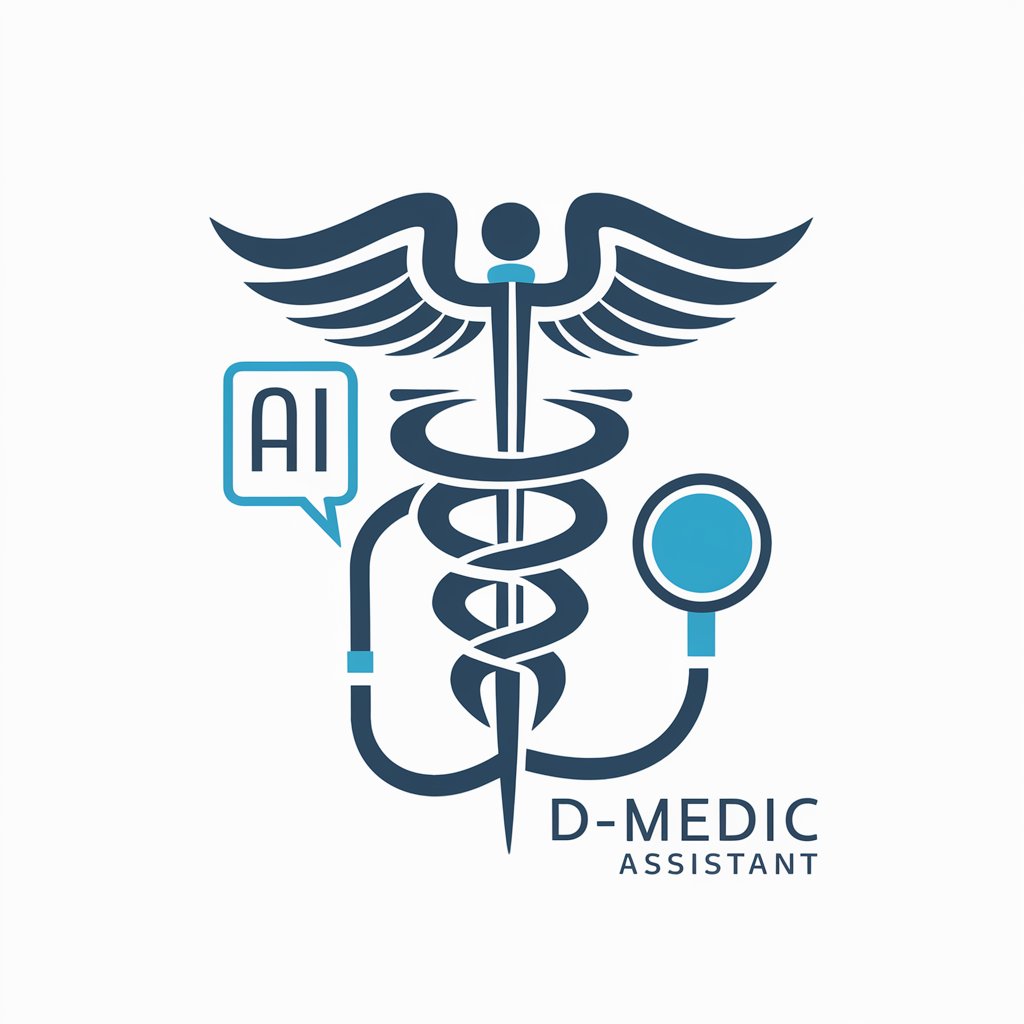
American Thyroid Association Guidelines Expert
Empowering Thyroid Care with AI
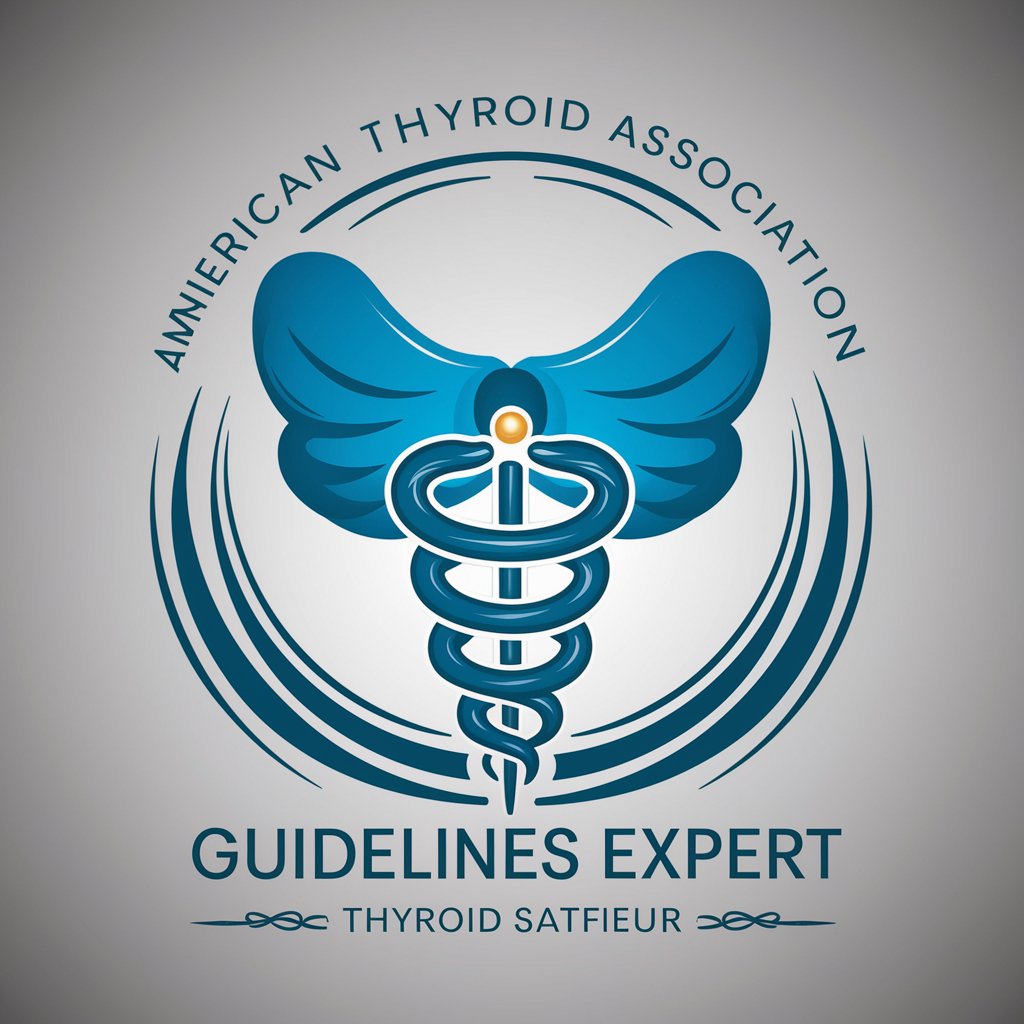
OpenCV Medical Visionary
AI-powered medical imaging innovation
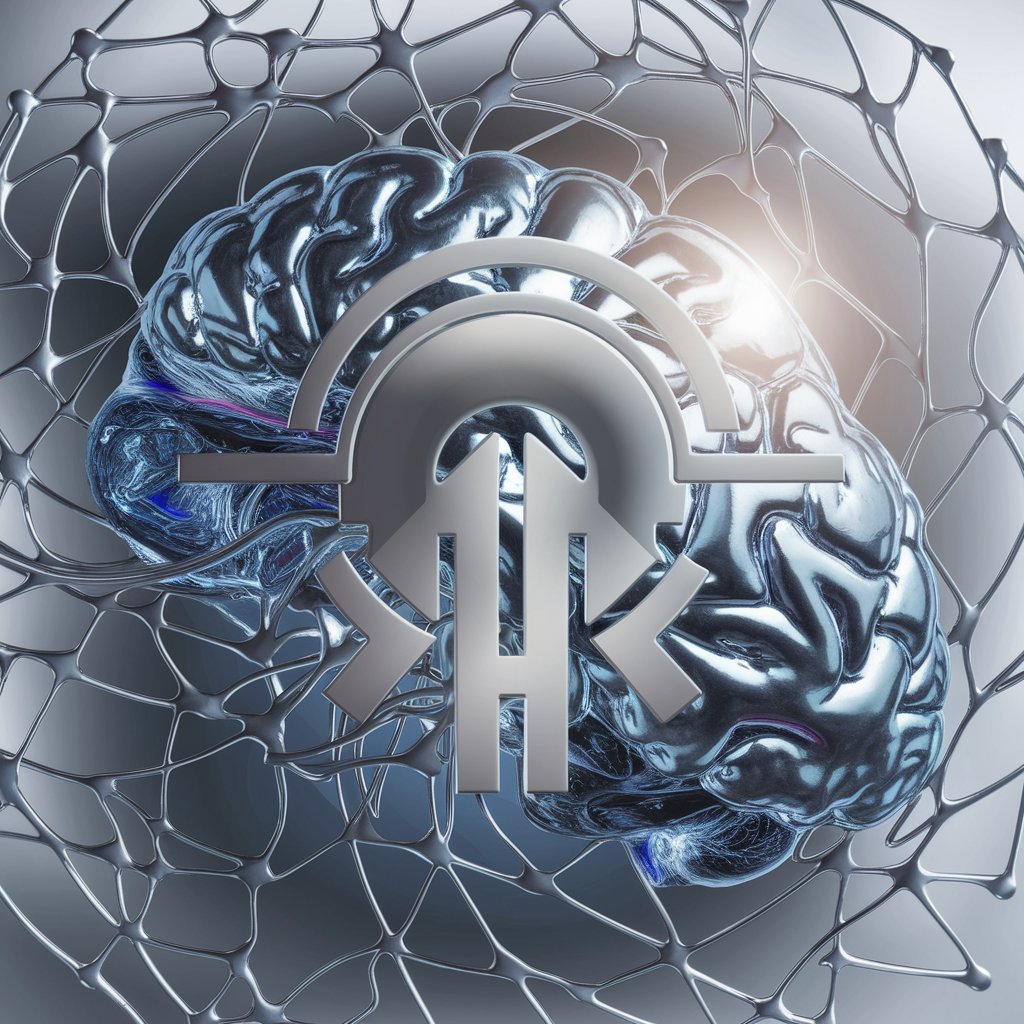
优云康白内障机器人
Expert Cataract Care at Your Fingertips
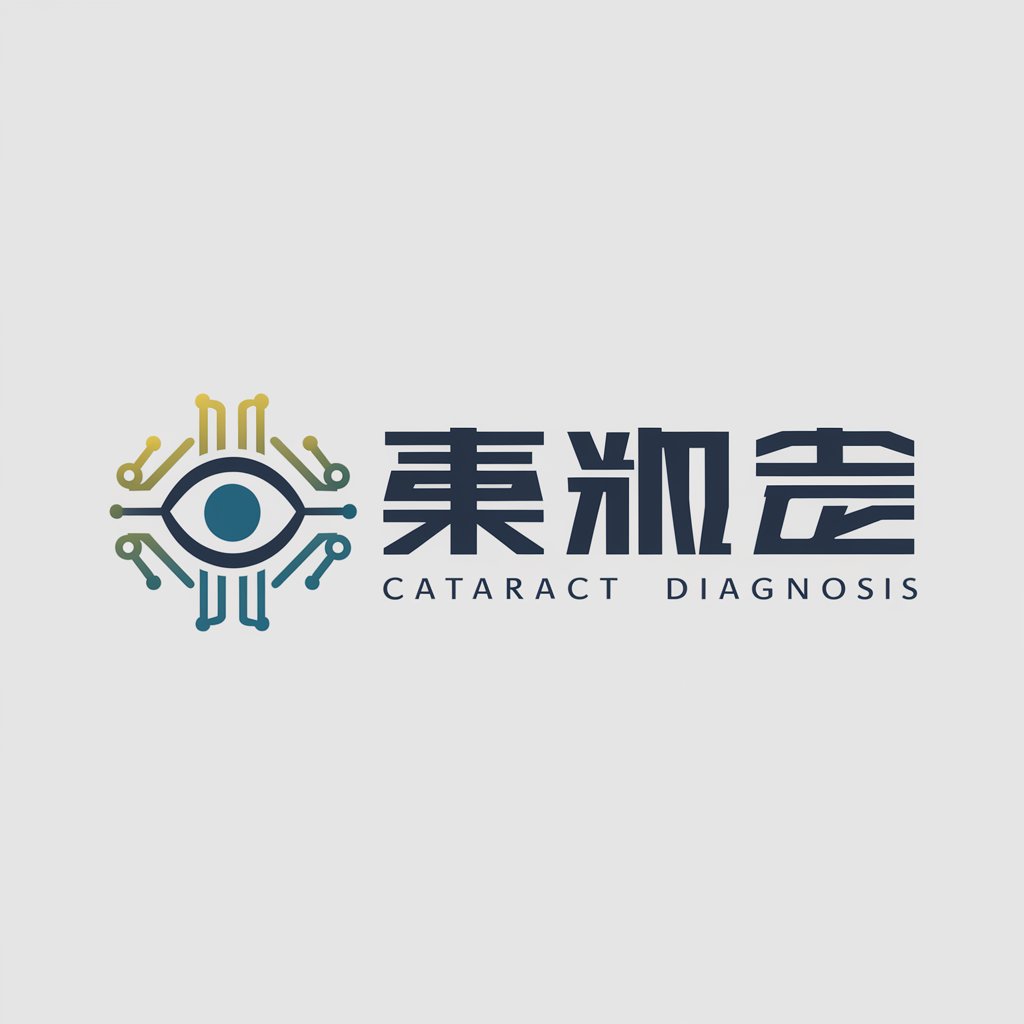
Key Characteristics and Capabilities
AI GPTs tools for Diagnostic Aid are distinguished by their adaptability, capable of handling tasks ranging from simple queries to complex data analysis. Key features include natural language understanding, which allows for intuitive interaction with users; technical support for diagnosing complex issues; web searching for the latest diagnostic criteria and treatments; image creation for visual aid in diagnostics; and data analysis capabilities for interpreting test results or medical records. These tools are designed to continually learn and improve, providing up-to-date support in the diagnostic process.
Who Benefits from Diagnostic Aid GPTs?
These AI GPTs tools are invaluable to a broad spectrum of users, including healthcare professionals seeking to augment their diagnostic acumen, medical students in need of educational support, and researchers looking for insights into complex data sets. They are equally beneficial to novices without coding skills, offering straightforward interfaces, and to developers or professionals in the medical field, who can utilize advanced customization options to tailor the tools to specific needs.
Try Our other AI GPTs tools for Free
Student Education
Discover the transformative power of AI GPTs in Student Education, tailored to enrich learning experiences through personalized content, interactive modules, and innovative educational solutions.
Weather-Based Styling
Discover how AI GPTs for Weather-Based Styling transform weather data into actionable fashion insights, providing real-time, adaptive styling advice tailored to current conditions.
Visual Coordination
Explore the convergence of AI and visual creativity with GPT tools designed for visual coordination. Tailor-made for professionals and novices alike, these tools open new avenues in multimedia content creation.
Component Design
Discover the transformative power of AI GPTs in Component Design, tailored to enhance creativity, efficiency, and collaboration in your design projects.
Response Tailoring
Discover how AI GPTs for Response Tailoring harness advanced AI to provide customized, contextually relevant responses across various fields.
Detailed Explanations
Discover AI GPTs for Detailed Explanations: Your go-to source for tailored, in-depth insights across a multitude of topics, accessible to all user levels.
Enhanced Diagnostic Solutions through AI
AI GPTs offer a revolutionary approach to diagnostics, enabling more precise and efficient identification of conditions. Their integration into healthcare systems promises to enhance patient care and streamline workflows. With user-friendly interfaces, these tools can easily be incorporated into existing practices, offering a seamless blend of human expertise and AI precision.
Frequently Asked Questions
What exactly are AI GPTs for Diagnostic Aid?
They are AI models designed to assist in the diagnostic process, providing insights and support through natural language processing and data analysis.
How do AI GPTs improve diagnostic accuracy?
By analyzing vast datasets and leveraging up-to-date medical information, they provide nuanced insights that can help refine diagnoses.
Can non-experts use these tools effectively?
Yes, these tools are designed with user-friendly interfaces that make them accessible to individuals without technical expertise.
Are these tools customizable for specific medical fields?
Absolutely, developers and professionals can tailor the tools to suit particular diagnostic needs or specialties.
How do these AI tools stay current with medical advancements?
They continually learn from new data, research, and user interactions, ensuring that the diagnostic support they offer reflects the latest medical knowledge.
Can AI GPTs handle complex diagnostic tasks?
Yes, their design allows for the processing of complex queries and the analysis of intricate data sets, making them suitable for advanced diagnostic challenges.
Is there a risk of these AI tools replacing human doctors?
No, these tools are intended to support and enhance the diagnostic process, not replace human judgment and expertise.
How do privacy and data security concerns get addressed?
Developers of these tools prioritize data encryption and compliance with privacy laws to protect sensitive medical information.